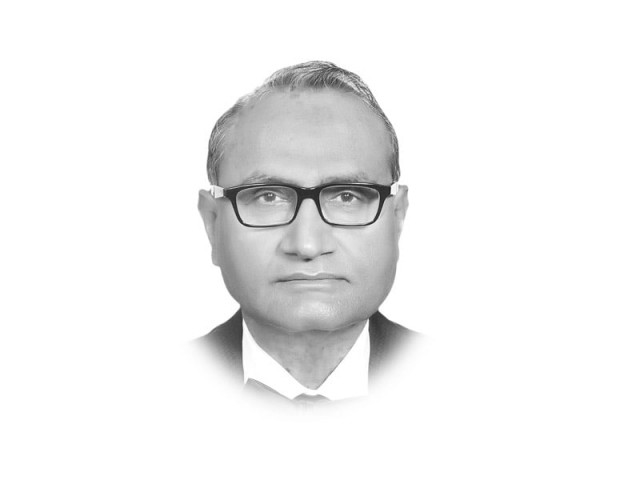Money and terror
Whether military courts will be able to deny terror groups their source of funding, only future will tell

pervez.tahir@tribune.com.pk
These considerations weigh in heavily on the efficacy of the legislation enacted to turn off the monetary tap for terrorists. The constitutionally mandated amendments to the Pakistan Army Act of 1952 include, among others, sub-clause (e) which states that providing or receiving funding from any foreign or local source for illegal activities defined as acts of terror is itself an act of terror. The pre-existing regime of anti-money laundering and control of financing terrorism consists of the requirements of the NAB Ordinance,1999 binding financial institutions to report suspicious transactions to NAB and a similar requirement of Control of Narcotics Substance Act of 1997 for transactions suspected to be related to drug business and, most important, the Anti-Money Laundering (AML) Act of 2010. The main burden of detecting suspicious transactions is on the State Bank of Pakistan (SBP). A Financial Monitoring Unit (FMU) has existed within the SBP to implement the provisions of this Act. Not much information is available on the implementation of the AML and the functioning of FMU. The SBP’s Annual Performance Review 2013-2014 talks about strengthening of regulations to “ensure the integrity of the banking system against Money Laundering and Terrorist Financing”. These include preventive measures like customer due diligence, correspondent banking, wire transfers requirements for sending and receiving funds, reporting of suspicious transactions, keeping records of banking transactions for 10 years, risk-based approach as per internal risk assessments and other requirements on internal controls, policies, compliance, audit and training. However, the report says nothing about the number of cases detected, investigated and successfully prosecuted.
Whether military courts will be able to deny terrorist groups what General Colin Powell had described as their oxygen (i.e., money), only future will tell. In the past, these courts focused mainly on ‘corrupt’ politicians.
Published in The Express Tribune, January 9th, 2015.
Like Opinion & Editorial on Facebook, follow @ETOpEd on Twitter to receive all updates on all our daily pieces.















COMMENTS
Comments are moderated and generally will be posted if they are on-topic and not abusive.
For more information, please see our Comments FAQ